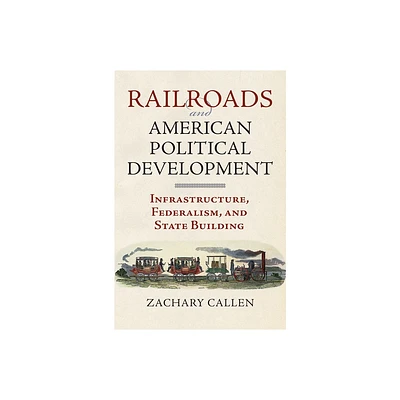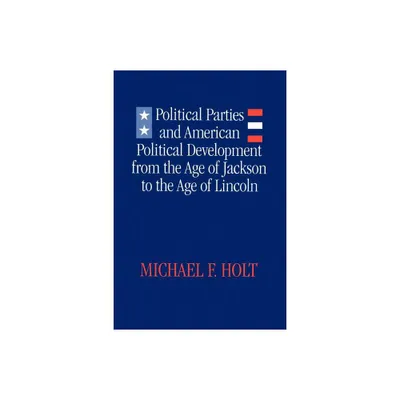Home
Rot and Revival: The History of Constitutional Law American Political Development
Loading Inventory...
Barnes and Noble
Rot and Revival: The History of Constitutional Law American Political Development
Current price: $85.00


Barnes and Noble
Rot and Revival: The History of Constitutional Law American Political Development
Current price: $85.00
Loading Inventory...
Size: Hardcover
*Product Information may vary - to confirm product availability, pricing, and additional information please contact Barnes and Noble
Rot and Revival
is one of the first scholarly works to comprehensively theorize and document how politics make American constitutional law and how the courts affect the path of partisan politics. Rejecting the idea that the Constitution's significance and interpretation can be divorced from contemporary political realities, Anthony Michael Kreis explains how American constitutional law reflects the ideological commitments of dominant political coalitions, the consequences of major public policy choices, and the influences of intervening social movements. Drawing on rich historical research and political science methodologies, Kreis convincingly demonstrates that the courts have never been—and cannot be—institutions lying outside the currents of national politics.
is one of the first scholarly works to comprehensively theorize and document how politics make American constitutional law and how the courts affect the path of partisan politics. Rejecting the idea that the Constitution's significance and interpretation can be divorced from contemporary political realities, Anthony Michael Kreis explains how American constitutional law reflects the ideological commitments of dominant political coalitions, the consequences of major public policy choices, and the influences of intervening social movements. Drawing on rich historical research and political science methodologies, Kreis convincingly demonstrates that the courts have never been—and cannot be—institutions lying outside the currents of national politics.

















